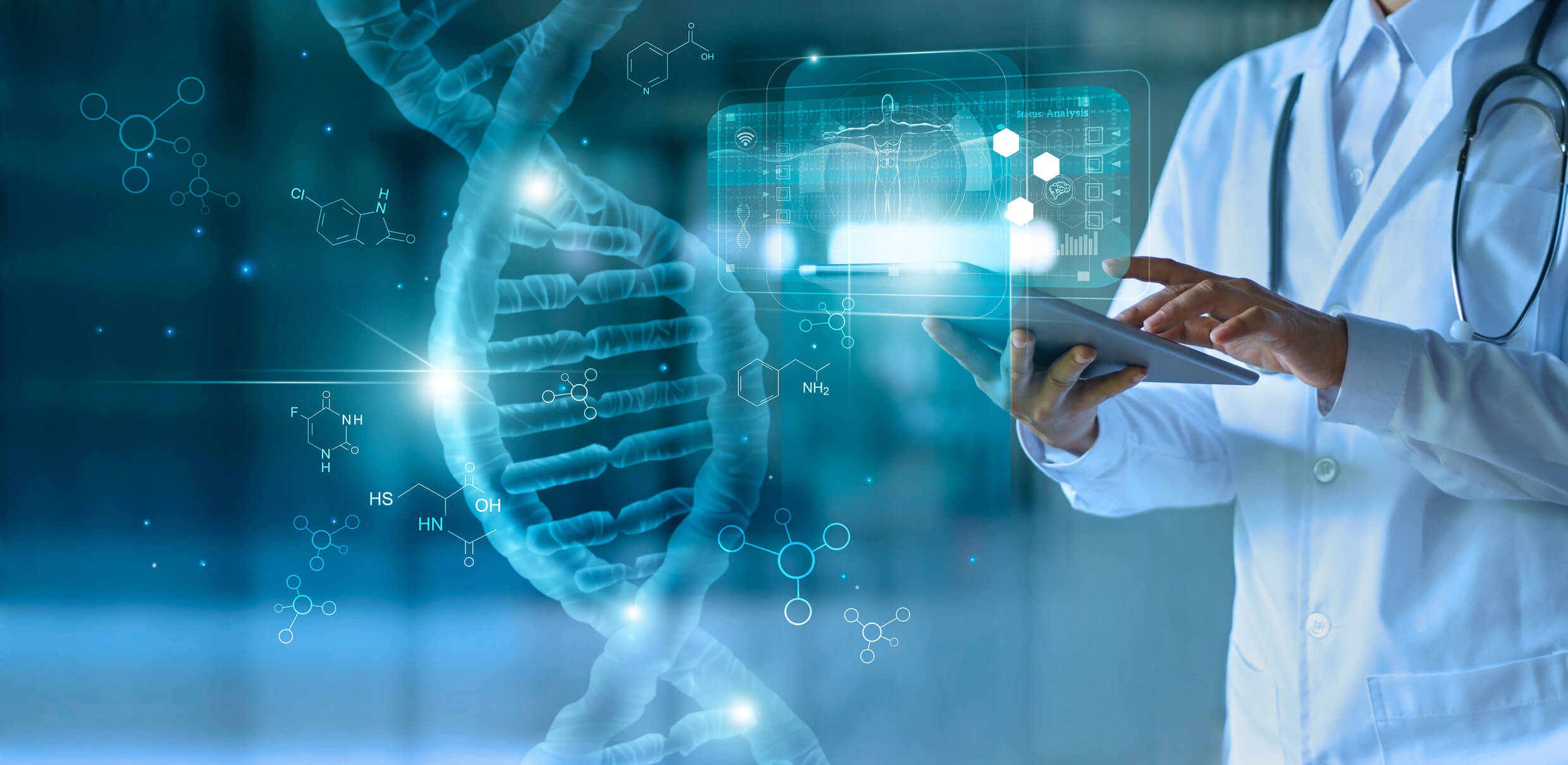Advanced prokaryotic biotechnology
Overall Course Objectives
The course aims to provide the students with competences in areas where bacteria are used in biotechnology. These competences will enable the students to describe the breath of biotechnology applications that are based on bacterial systems, to explain the recent technological advances in molecular and synthetic biology within the field, and to design, control and optimize bacterial cell factories, probiotic strains, and microbial communities.
Learning Objectives
- Describe the use of bacterial systems for production of chemicals, drugs, enzymes and polymers.
- Describe the use of probiotics and biocontrol strains for microbiome engineering and disease prevention in human, aqua cultural, and agricultural systems.
- Critically assess how biotechnologically relevant pathways, bacterial strains, or communities can be identified in natural environments and used in biotech applications.
- Evaluate applications of synthetic biology methods in the development and new bacterial strains or communities.
- Evaluate genetic, evolutionary, and synthetic biology methods for optimizing phenotypes of bacterial cell factories, biofilms and bacterial communities.
- Identify approaches to improve strain performance independently of genetic modification.
- Analyze, interpret and evaluate experimental results from primary literature in the area of bacterial biotechnology.
- Design strategies for development, control or optimization of bacterial cell or systems in connection to biotech applications (e.g. cell factories, probiotic strains, synthetic bacterial communities).
Course Content
The course is structured to provide the students with an overview of the many different beneficial uses of bacteria and the molecular and physiological mechanisms that underlies these applications. The course is focused both on novel break-through technologies in molecular and synthetic biology, and on methods to utilize the bacterial biodiversity found in nature. Overall, the course will provide the students with competences that allow them to design, develop, and improve bacterial systems for biotechnological applications.
Recommended prerequisites
27026/27051, Knowledge of basic experimental approaches in molecular microbiology to the level needed to interpret experimental data. Knowledge of microbial biodiversity and bacterial genetics & physiology to the level needed to be able to participate in reading and discussion of scientific literature.
Teaching Method
Lectures, journal club presentations and discussions of scientific papers.
Faculty
Limited number of seats
Minimum: 25.
Please be aware that this course will only be held if the required minimum number of participants is met. You will be informed 8 days before the start of the course, whether the course will be held.




